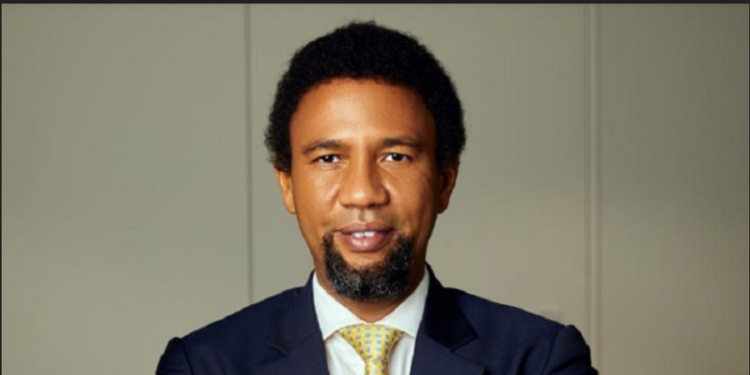The Chief Executive Officer of MTN Nigeria, Dr. Karl Toriola, has issued a strong call for curriculum reform and the adoption of digital skills as strategic responses to Nigeria’s growing youth unemployment crisis.
Toriola, who gave the recommendation at the 11th Public Lecture of the Sigma Club, University of Ibadan, said Nigeria’s future economic prosperity hinged on transforming education to reflect the realities of the digital age.
The lecture, themed, “Leveraging Technology and Digital Education for Mass Employment, Wealth Creation, and Poverty Alleviation,” was attended by students, faculty members, tech leaders, and public officials, all keen to explore pathways to inclusive growth through innovation.
“We must make education employable.
We have to create the opportunities for students to practice what they are learning—with institutions, especially private-sector institutions, that are using those skills of the future,” Toriola said.
According to Toriola, integrating technology and practical digital skills into the academic curriculum is crucial to unlocking opportunities in Nigeria’s growing digital economy. He emphasised that these reforms would not only address unemployment but also catalyse wealth creation and poverty reduction, especially in underserved communities.
“Technology is a great enabler. It allows access to global and local job markets, facilitates entrepreneurship, and improves access to essential services—especially in areas where infrastructure is lacking,” he noted.
He identified multiple obstacles that hinder Nigeria’s digital potential, including infrastructure deficits due to high deployment costs, poor electricity supply, and insecurity in rural areas; widening digital literacy gaps, particularly in public education systems; gender and regional disparities in technology access and education and outdated and inconsistent policies, along with weak coordination between government and the private sector.
Toriola stressed that while automation, AI, and robotics often dominate the discourse around the future of work, Nigeria must also seize opportunities in content creation, agriculture, and manufacturing by developing relevant skill pipelines.
Among his key recommendations were expanding digital infrastructure, especially in rural communities; reforming school curricula to reflect market-demanded skills; designing learning programs with gender and cultural sensitivity and strengthening public-private partnerships to facilitate hands-on learning and mentorship.
Toriola also delivered a message of inspiration and resilience to Nigerian youths, stating; “It does not matter how you start. Where you get to at the end of the day is a product of how dedicated, focused, and hardworking you are. Never give up. Nigerians have an immeasurable capacity to deliver if given the right opportunities.”
Earlier, the deputy chief of staff to Oyo state governor, Hon. Folajimi Oyekunle, delivered a goodwill message on behalf of the state government. He said the event’s theme was timely and aligned with Oyo State’s vision for innovation and inclusive development.
“The Waste to Wealth programme alone has created over 12,000 direct jobs. We also recruited 21,000 teachers and increased the state’s IGR to ₦8.5 billion in Q1 2025—up from a pre-2019 average of ₦1.6 billion,” Oyekunle said.



